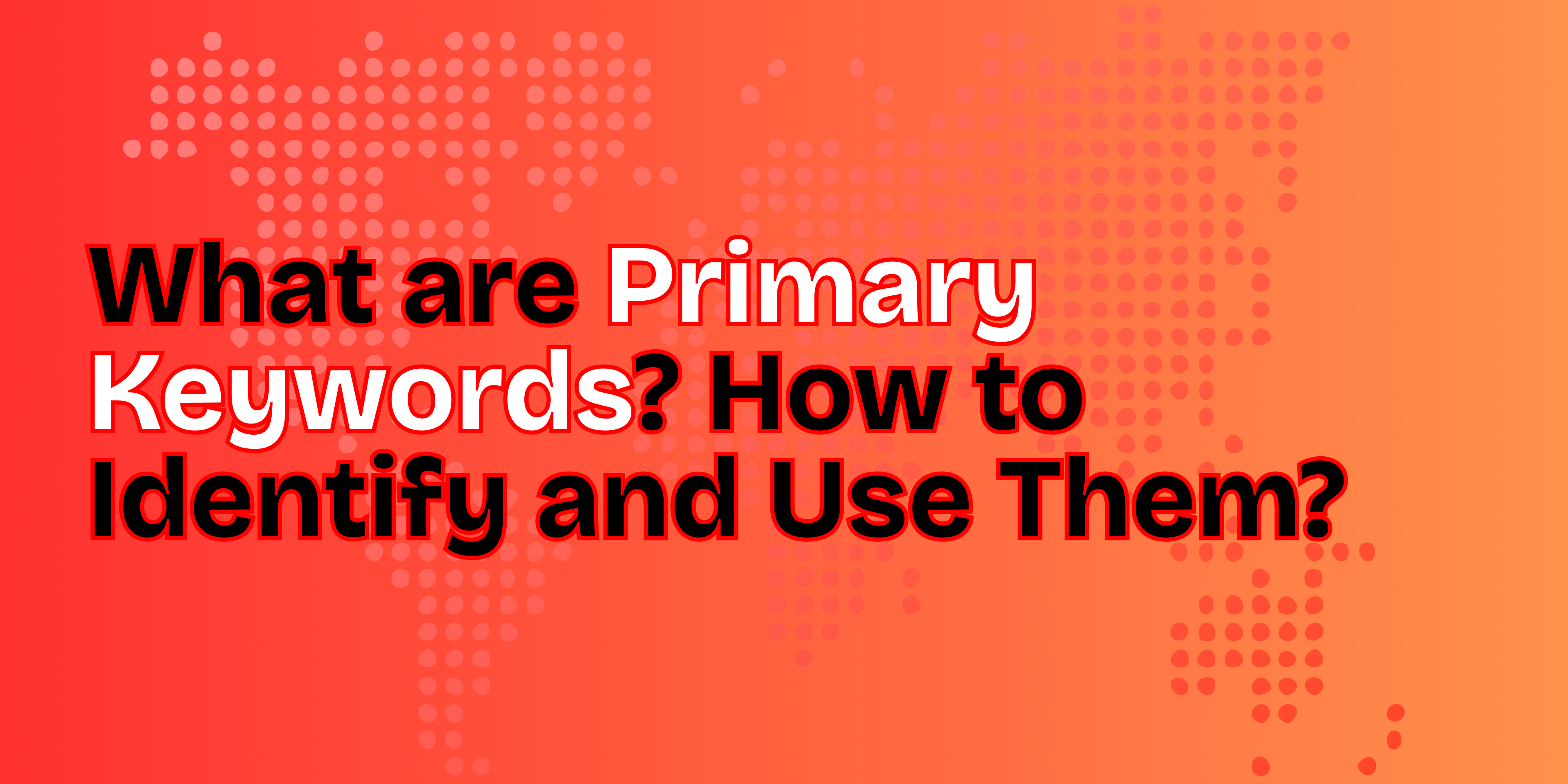If you’re diving into SEO, one of the first things you’ll come across is keywords. But did you know there are different keyword categories that serve different purposes? Understanding the type of keywords in SEO can help you target the right audience, improve your rankings, and get more meaningful traffic to your site. To succeed, it’s essential to learn how to find the right keywords that align with your goals and audience.
In this beginner-friendly guide, we’ll walk you through the various keyword types, explain how they work, and show you real-world examples you can apply to your strategy today.
Why Understanding Keyword Categories Matters
Not all keywords are created equal. Some bring in curious browsers, while others attract ready-to-buy customers. Knowing the keyword categories helps you align your content with your audience’s intent.
Here’s why this matters:
- You’ll write content that speaks directly to your users.
- You’ll increase your chances of ranking higher in search engines.
- You’ll save time by targeting what actually works.
Let’s break it all down step by step.
1. Short-Tail Keywords
Short-tail keywords (also called head keywords) are very broad search terms. They usually contain one or two words, like “shoes” or “marketing.”
Example:
These are highly competitive and have massive search volume. But they’re also vague, so the traffic may not always convert.
When to Use:
- Homepage content
- High-level service pages
- Brand awareness campaigns
2. Long-Tail Keywords
These are more specific search terms that usually contain 3 or more words. Long-tail keywords often reflect user intent better and have lower competition.
Example:
- “Best SEO tools for beginners”
- “Affordable yoga classes near me”
They may bring in less traffic, but that traffic is more targeted—and often more ready to act.
When to Use:
- Blog posts
- FAQ sections
- Product descriptions
3. Branded Keywords
The Branded keywords include a brand name, like “Nike running shoes” or “Your Rankers SEO services.”
Example:
- “Your Rankers reviews”
- “Your Rankers SEO pricing”
They show that users already know your business or product.
When to Use:
- Landing pages
- Reputation management content
- Paid search campaigns
4. Non-Branded Keywords
These are general keywords that don’t include a specific brand name. They help attract new audiences who are not yet familiar with your company.
Example:
- “Best digital marketing agencies”
- “Learn SEO online”
These keywords are essential for growth and discovery.
5. Informational Keywords
People use the information keywords when they want to learn something, not buy something.
Example:
- “What is SEO?”
- “How to start a blog?”
These keywords are perfect for top-of-the-funnel content that educates and builds trust.
When to Use:
- How-to guides
- Tutorials
- Educational blog posts
6. Navigational Keywords
The navigational keywords are used when people are looking for a specific website or page.
Example:
- “Facebook login”
- “YouTube channel settings”
They show strong intent and are typically branded.
7. Transactional Keywords
Users who search the transactional keywords are ready to take action—like make a purchase or sign up.
Example:
- “Buy running shoes online”
- “Get free SEO audit”
These are the goldmine of conversions. They belong on product pages, service pages, and landing pages.
8. Commercial Investigation Keywords
Users are close to buying but want to compare options first.
Example:
- “Best SEO tools for small businesses”
- “Top 10 email marketing platforms”
These are great for review articles, comparison posts, and buyer guides.
9. Local Keywords
These include location-based terms and help you target users in specific geographic areas.
Example:
- “SEO services in Chicago”
- “Pizza delivery near Times Square”
Great for local businesses that rely on in-person visits or geo-targeted traffic.
10. Seasonal Keywords
These are relevant only during certain times of the year—like holidays or annual events.
Example:
- “Black Friday SEO deals”
- “Christmas decoration ideas”
If timed right, they can bring in big surges of traffic.
How to Choose the Right Type of Keywords in SEO
Choosing the right type of keywords in SEO depends on your goals:
- Your business goals (traffic vs. conversions)
- Your audience’s stage in the buying journey
- The type of content you’re creating
If your goal is to attract people at the beginning of their search, informational keywords like “how to” or “tips for” work well. For those ready to take action, transactional keywords such as “buy,” “get,” or “hire” are ideal. Mix in short-tail keywords for broader visibility and long-tail keywords to capture more specific, lower-competition searches. Also, consider local keywords if you’re targeting a specific area.Use keyword tools to check search volume and difficulty before finalizing.
Final Thoughts: Build Smarter Content with Keyword Knowledge
Mastering keyword categories isn’t just for SEO pros. Once you understand the type of keywords in SEO, you can write smarter content, reach the right people, and increase your visibility online.
Need help finding and using the right keywords for your website?
At Your Rankers, we make SEO easy to understand and even easier to implement. Whether you’re just starting or looking to level up, our team can help you build a keyword strategy that works.
Explore our services or reach out for a free consultation today!






